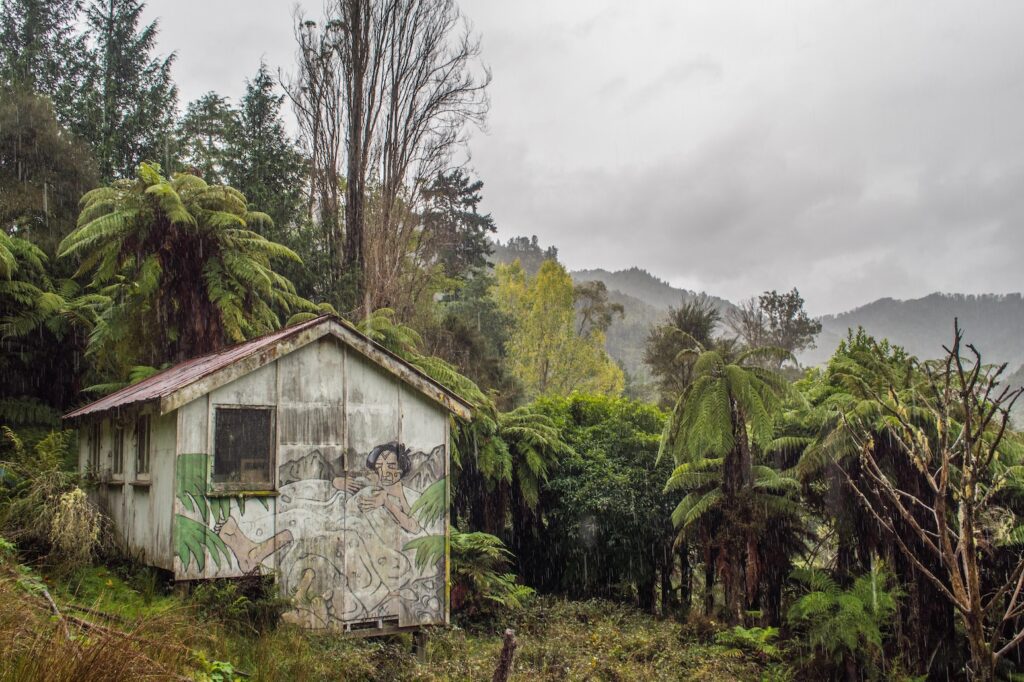Study Offers New Policy Tool for Considering ‘Indigenous Climate Justice’
A Groundbreaking Approach to Climate Policy
A new study published in the journal Climatic Change offers a groundbreaking approach to climate policy by introducing a framework for considering “Indigenous climate justice.” The study, led by researchers at the University of Melbourne, aims to address the disproportionate impacts of climate change on Indigenous communities worldwide.
The Problem of Climate Injustice
Climate change is often framed as a global problem, but its effects are not felt equally by all. Indigenous communities, who have historically been marginalised and excluded from decision-making processes, are particularly vulnerable to the impacts of climate change. Rising sea levels, increased flooding, and droughts are all having devastating effects on Indigenous lands, cultures, and ways of life.
A New Framework for Policy-Makers
The study introduces a new framework for policy-makers to consider Indigenous climate justice. The framework, known as the “Indigenous Climate Justice Framework,” consists of five key elements:
* Recognition: acknowledging the historical and ongoing injustices faced by Indigenous communities
* Respect: involving Indigenous peoples in decision-making processes and respecting their knowledge and perspectives
* Responsibility: acknowledging the role of colonialism and other forms of oppression in exacerbating climate change
* Rectification: taking action to address the historical and ongoing injustices faced by Indigenous communities
* Reconciliation: working towards a future where Indigenous peoples are valued and respected as equal partners in decision-making processes
Case Studies and Recommendations
The study includes case studies from around the world, highlighting the ways in which Indigenous climate justice can be applied in practice. For example, the study examines the experiences of Indigenous communities in Australia, who are working to protect their lands and cultures from the impacts of climate change. The study also provides recommendations for policy-makers, including the need to:
* Incorporate Indigenous knowledge and perspectives into climate policy
* Provide support for Indigenous-led climate initiatives
* Address the historical and ongoing injustices faced by Indigenous communities
Conclusion
The study offers a critical step forward in addressing the issue of Indigenous climate justice. By introducing a new framework for policy-makers, the study provides a much-needed tool for addressing the disproportionate impacts of climate change on Indigenous communities. As the world continues to grapple with the challenges of climate change, it is essential that we prioritize Indigenous climate justice and work towards a more just and equitable future.
FAQs
Q: What is Indigenous climate justice?
A: Indigenous climate justice refers to the need to address the disproportionate impacts of climate change on Indigenous communities, who have historically been marginalised and excluded from decision-making processes.
Q: Why is Indigenous climate justice important?
A: Indigenous climate justice is important because it acknowledges the historical and ongoing injustices faced by Indigenous communities and seeks to address them. It is also critical for building a more just and equitable future, where Indigenous peoples are valued and respected as equal partners in decision-making processes.
Q: How can policy-makers apply the Indigenous Climate Justice Framework?
A: Policy-makers can apply the Indigenous Climate Justice Framework by incorporating Indigenous knowledge and perspectives into climate policy, providing support for Indigenous-led climate initiatives, and addressing the historical and ongoing injustices faced by Indigenous communities.



.png?w=150&resize=150,150&ssl=1)
.png?w=150&resize=150,150&ssl=1)


